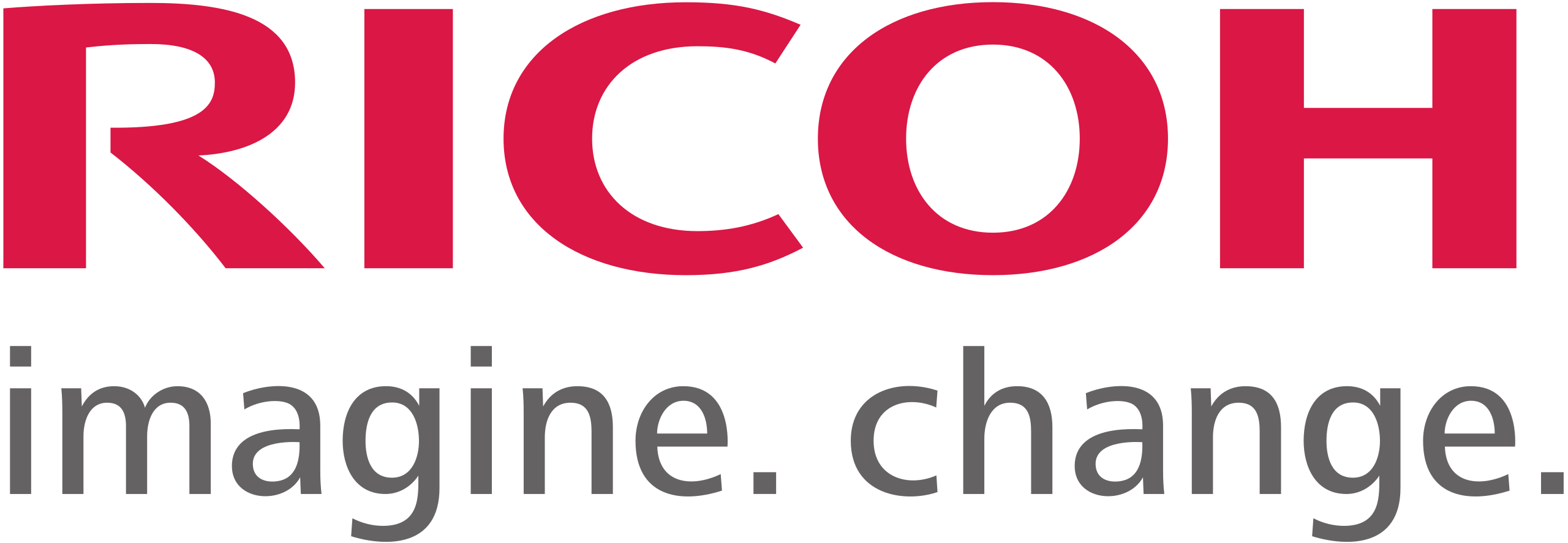6 min read
Standley Systems 2024 Office Culture Report
By:
Standley Systems Staff
on
October 30, 2024
Updated: October 30, 2024

78% of Gen Z workers ‘romanticize’ their office on social media as they redefine virtually every aspect of workplace culture.
Purpose of This Study
With return-to-office mandates driving workers back to the office together, new norms are rapidly emerging as the multi-generational workforce settles into new rhythms. For many Gen Z workers who launched their professional careers remotely, this is their first time stepping into an office —working side by side with Millennials, Gen X, and Baby Boomer professionals who bring their own generational expectations, habits, and lingos. This unique dynamic is ushering in a significant reboot of office culture.
To explore this phenomenon from Gen Z's perspective, Standley Systems partnered with the third-party survey platform Pollfish, surveying 500 Gen Z office professionals who work in an in-person office environment at least three days per week.
The Standley Systems 2024 Office Culture Survey highlights generational expectations versus the realities of office life for Gen Zers, the impact of social media on workplace dynamics, and how modern and nostalgic views of office culture coexist in today's work environment.
Key Findings
- Office jargon from older generations sends 68% of Gen Zers scrambling online to decode buzzwords weekly, while simultaneously injecting their own slang into the office lingo pool.
- 64% of Gen Zers say they clash more with the work habits of fellow Gen Z peers than with older generations.
- Gen Z’s aesthetic obsession extends to the office, with 88% personalizing their workspace to reflect their personal aesthetic, and 43% saying they’ve modified their office aesthetic based on social media trends.
- 76% of Gen Zers have created content that “romanticizes” their office life online.
- 59% of Gen Zers bring their own twist to tools like printers and copiers, seeing them as "the heartbeat of the office" — both essential operationally and part of the office aesthetic.
“While Gen Z thrives online, they’re eager to leave their mark in real life, including the corporate office,” said Greg Elliott, Chief Executive Officer of Standley Systems. “Gen Z values individualization, collaboration and significance, and they’re looking for work cultures that protect the human connection and give a nod to tradition—but with a modern twist.”
Gen Z Navigates Generational Jargon Wars with Weekly Searches
While some might say Gen Z struggles to fit into a traditional workplace, it’s not because they lack seriousness or commitment. More often, it’s a matter of four vastly different generations simply not speaking the same language—literally.
When asked how often they need to look up a buzzword or slang dropped by an older co-worker, 68% of Gen Zers admitted to doing so at least once per week. For 36%, it’s a daily (or multiple times per day) task.

And when it comes to communication styles, Gen Z is bringing a breath of fresh air to the office. Nearly half (46%) appreciate the fun and relatability that comes from using slang and emojis in work chats, and 42% agree it’s best to keep things balanced to maintain professionalism.
As they struggle to understand the language of older generations, Gen Z is introducing new lingo into the office pool:
- 84% have used “the tea” at the office
- 82% have used “vibing” or “vibe check” at the office
- 80% have used “W” at the office
- 77% have used “cap” or “no cap” at the office
- 77% have used “shook” at the office
- 76% have used “the math is not mathing” at the office
- 74% have used “slay” at the office
- 74% have used “sus” at the office
- 70% have used “in my ___ era” at the office
- 69% have used “slay” at the office
- 64% have used “rizz” at the office
Gen Z’s Office Besties are Boomers, not Zoomers
In a multi-generational workplace, you’d expect the biggest clashes to happen between the youngest and oldest employees—in this case, Boomers vs. Zoomers. But surprisingly, 64% of Gen Zers say they’re more likely to face friction with their own peers above anyone else.
Who does Gen Z get along with best in the workplace? Boomers. Contrary to expectations, Gen Z feels the least friction with Baby Boomers, followed by Gen X and Millennials.

It turns out that Gen Zers have a healthy respect for their more seasoned colleagues. When asked about how they feel about the office norms and expectations expressed by older colleagues, 88% said they believe it’s important to respect and be open to those norms, but nearly half (49%) flagged that they also want to introduce new ideas of their own.
This respect and alignment might come down shared value of traditional norms—potentially fueled by Gen Z’s obsession with nostalgia. When asked what elements of office culture should be maintained or preserved:
- 54% believe it’s important to preserve face-to-face meetings and communication
- 35% prefer printed agendas and memos instead of digital
- 47% want clear separation between work and their personal life
- 37% want to preserve structured career paths and clear hierarchy
When it comes to generations solving problems together, 44% believe “it sometimes creates challenges but usually results in well-rounded decisions, and 39% said “it enhances creativity and leads to better solutions.”
Gen Z’s TikTok Office Glowup is Very Demure, Very Mindful
For many Gen Zers, social media has been part of their daily routine since grade school. So it’s no surprise that platforms like TikTok, Instagram and Snapchat have become their unofficial “workplace mentors.” 93% said they’ve made one or more of the following changes at work based on content they saw on social media:
- 49% used a new word or term they heard on social media
- 44% tried a new stress management or mindfulness technique
- 43% adjusted their desk or office décor to reflect a certain aesthetic
- 42% tried something new with their wardrobe
- 32% created “day in the life” content at work

In fact, 76% said they’ve created and posted content on social media that “romanticizes” office life, with 28% saying they do so regularly, and 33% doing it occasionally.
Showing professional flair with a consistent office aesthetic is key for today’s Gen Zer:
- 88% said it’s important to personalize their workspace to reflect their style and aesthetic preferences.
- Nearly a quarter (24%) said setting up their desk and personalizing their workspace was the highlight of their first day in the office.
- 43% have experimented with changes to their workplace aesthetic based on content they saw on social media.
96% of Gen Zers firmly believe that social media has influenced how their peers navigate the workplace, and 35% see it as being a “significant” influence. 81% think sharing content about their office life has helped modernize the office vibe — with 50% adding that it should be done with a degree of professionalism.
Gen Z’s Romanticized Office Infrastructure
Gen Z’s romanticized office extends to the office infrastructure, indicating appreciation for essential equipment such as printers and copiers while also valuing what they bring to the office vibe. 59% see printers and copiers as the “heartbeat of the office,” with 49% saying they evoke nostalgia and charm.

This post-digital-transformation generation prefers a seamless blend of old and new, seeing the value of time-tested office norms and tools. 40% said they prefer the integration of digital technology with norms such as printed documents, in-person communication, and physical file storage.
When asked which fictional office environment they’d choose to work in, 38% of Gen Zers chose The Office—a show that captures the charm and human connection within the walls of an office, blending humor with a nostalgic nod to the quirkiness of everyday corporate life.
Conclusion
Having navigated remote education during the pandemic, and often starting their careers remotely, Gen Z now faces the challenge of adjusting to a structured, multi-generational workplace that’s been evolving for decades.
With return-to-office mandates on the rise, company leaders must proceed with care as they bring teams together in-person and nurture a culture that allows team members to find their place and thrive.
“Gen Z brings a fresh, digital-first perspective to the workplace—but with unmatched resiliency, independence, and openness to the perspective of others,” said Greg Elliott, Chief Executive Officer of Standley Systems. “Leadership should welcome their entrance into the office and use it as an opportunity to create an environment and culture that not just prepares Gen Z to be the leaders of tomorrow but allows them to help shape the present. When we interact and learn from each generation’s experiences and language, our impact only grows – it enables us to achieve something special for generations to come.”












